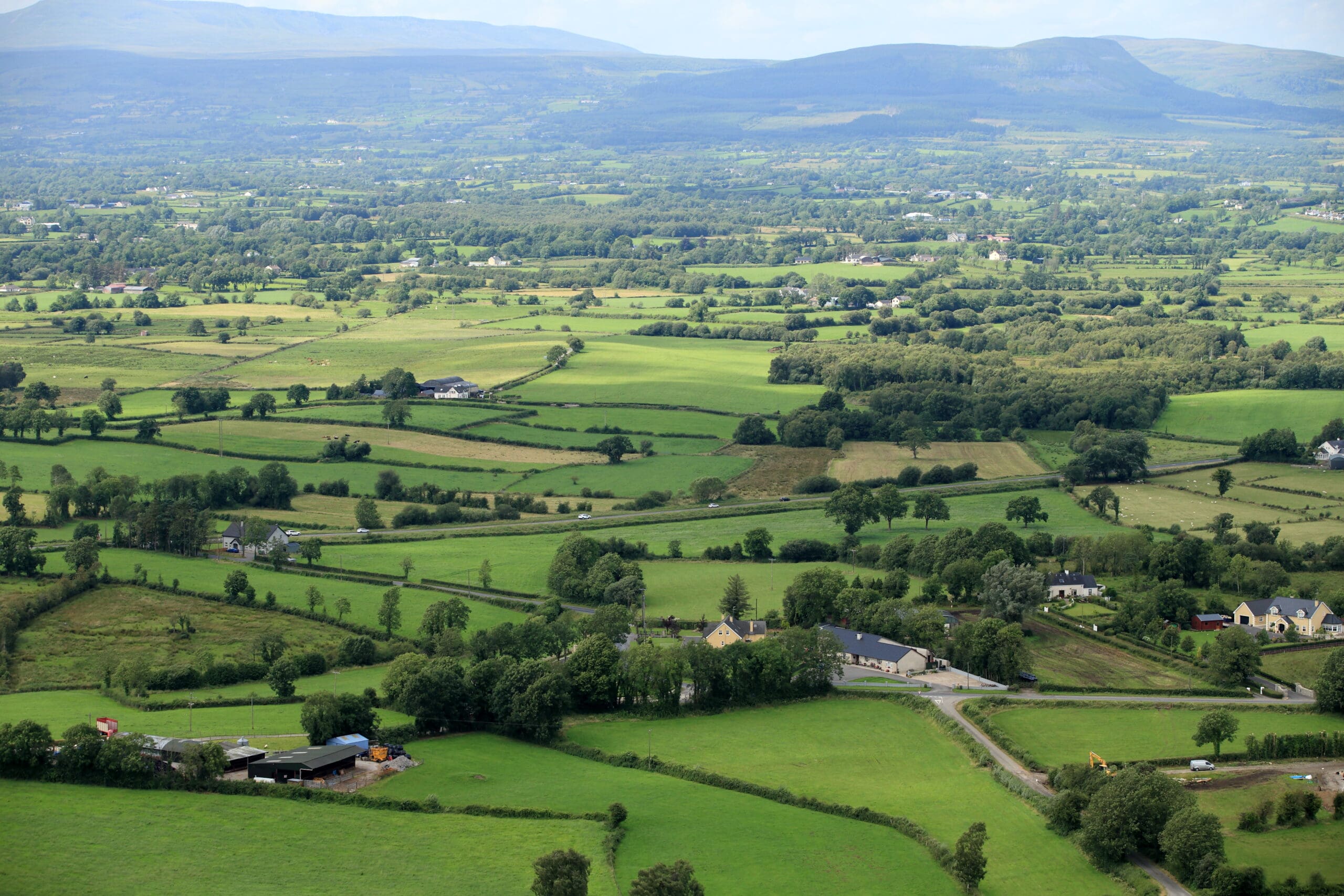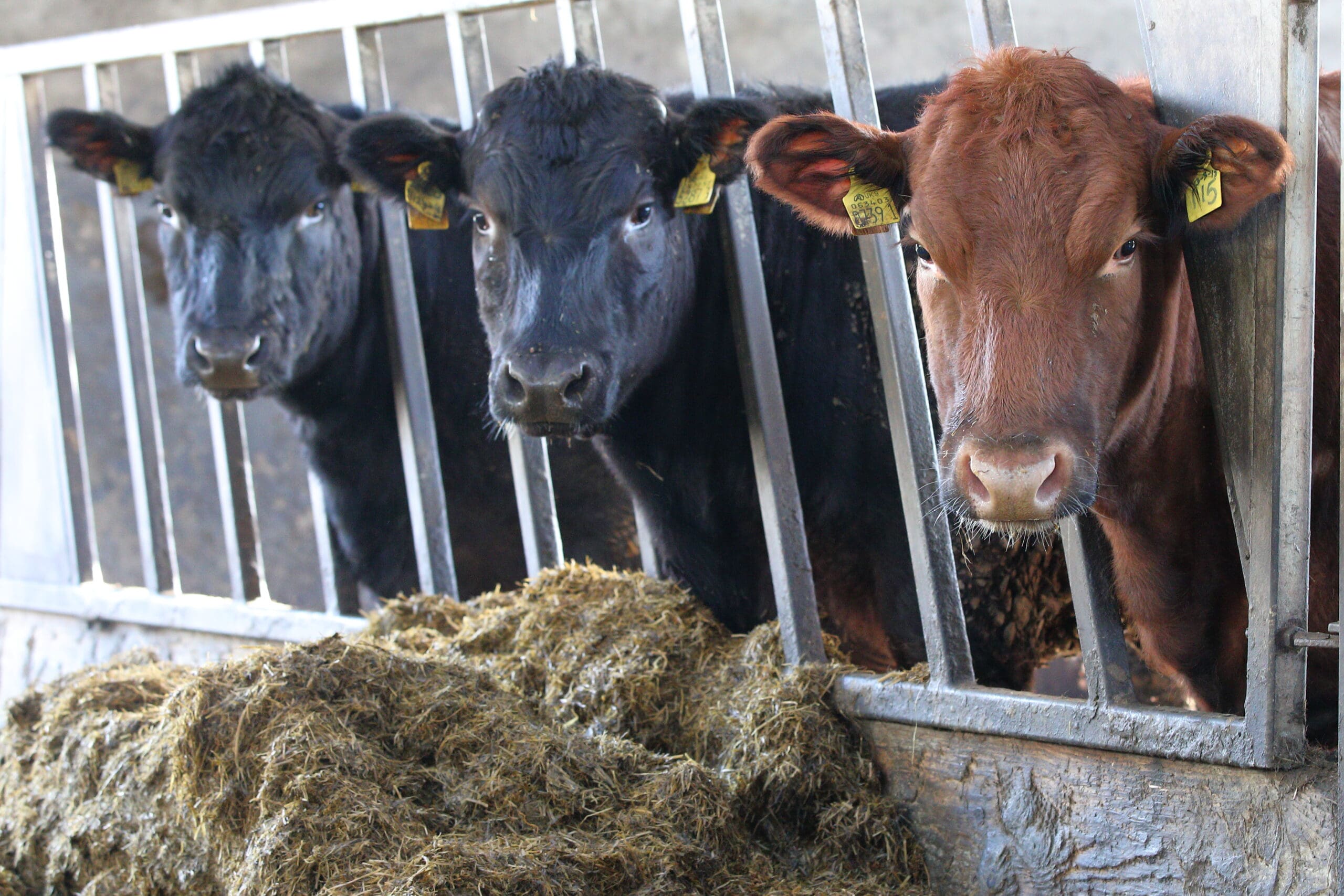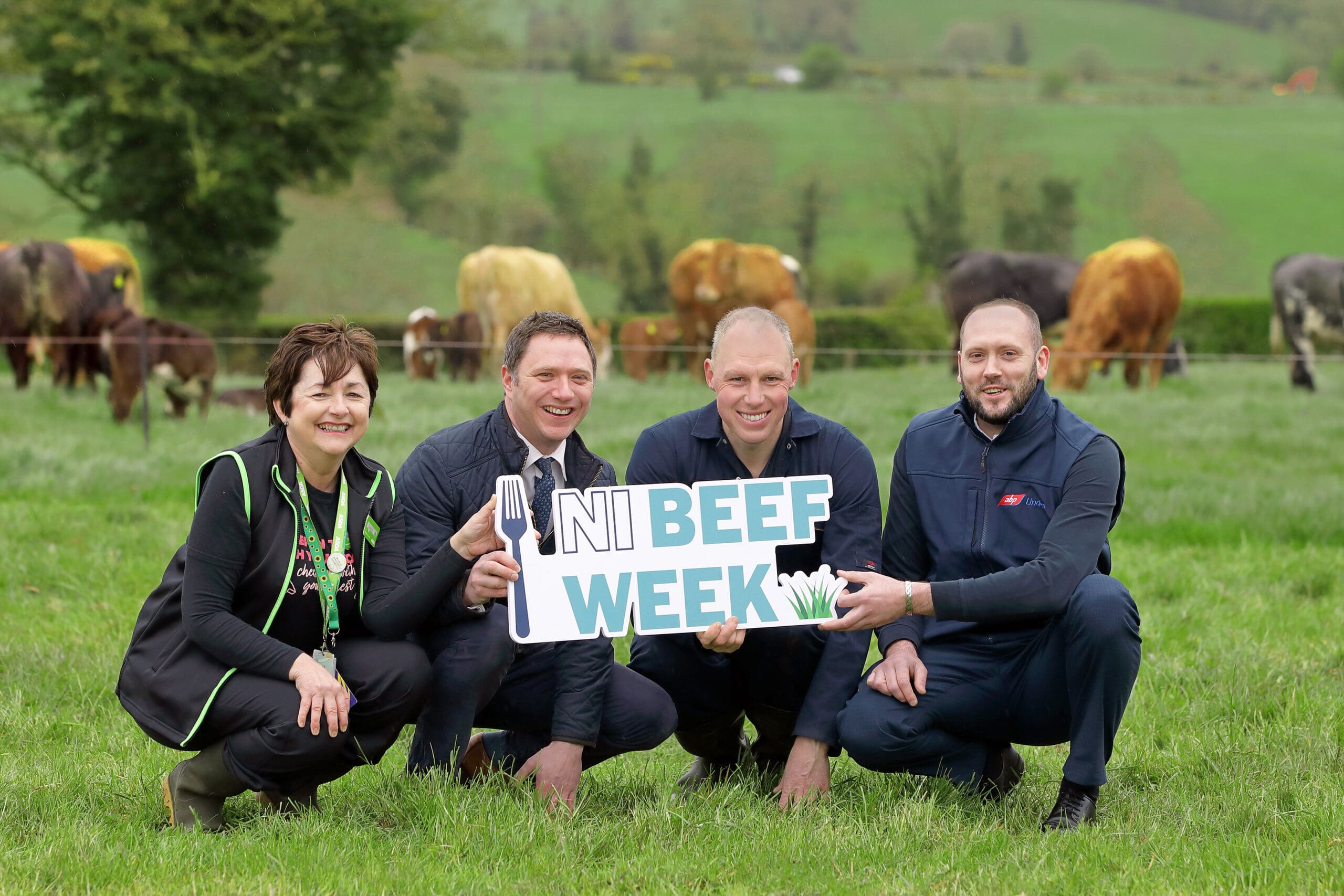The North American-EU (NAEU) Agricultural Congress, meeting in Ireland for the first time, brought together key agricultural organisations from the EU, Canada, Mexico, and USA. It was hosted by the UFU, and focused on the challenges agriculture faces and how they could be jointly tackled.
Speaking in Belfast, new Copa president, Martin Merrild, a Danish farmer, told journalists a big challenge facing farmers and agricultural cooperatives is the difficult market situation caused by the Russian import ban. “Many lost their main export market worth 5 billion euros overnight. Milk prices were down by as much as 35 per cent in some regions and I know Northern Ireland has been particularly hard hit by falling milk prices. Pork prices are also 20 per cent down on previous levels,” he said. Mr Merrild said the aid package agreed by the EU would help, but he warned that it was not enough to have a significant impact. “We need additional measures and a strong export strategy,” he said.
Copa and Cogeca, which represent European farmers and cooperatives, support the current TTIP (Transatlantic Trade Investment Partnership) talks as long as key conditions are met. “We need to tackle red tape and non-tariff barriers to trade. We also need a better deal on market access, especially on beef. Beyond trade we need to cut CAP red tape, which stifles innovation,” said Mr Merrild. He added that one of the biggest challenges facing agriculture was food production for a world population growing at a rate of 140, 000 people every day. We are also part of the fight against climate change which threatens food production. Green growth and producing more with less are key here,” he said.
Cogeca president Christian Pees said: “Like our colleagues in North America, we also need to combat unfair and abusive practices in the food chain and ensure farmers get a better return. This is all the more important now, since with the new CAP, EU farmers will be getting less support while facing costly environmental constraints,” he said. He added that Cogeca wanted to see an EU legal framework that could facilitate voluntary agreements, backed up by legislation. “Cooperatives can also help farmers to better market their produce and secure a better price,” he said, adding that to ensure productivity more needed to be done to support continued access to plant protection products.
Ulster Farmers Union president, Ian Marshall, said the Congress was a great opportunity to showcase Northern Ireland's biggest industry and the innovation commitment that drives farming and food. “The event is also a reminder that farmers here are not unique in facing the challenge of price volatility, but we can learn from others about how best to tackle this problem,” he said. Mr Marshall added that while farming everywhere was struggling with poor prices the Congress was a reminder that the industry had a bright future, meeting the needs of a growing world population and playing its part in tackling environmental challenges. “Farm lobby organisations are always stronger when they work together, and I am delighted the UFU has played a part in bringing together the biggest players from Europe and North America,” he said.




